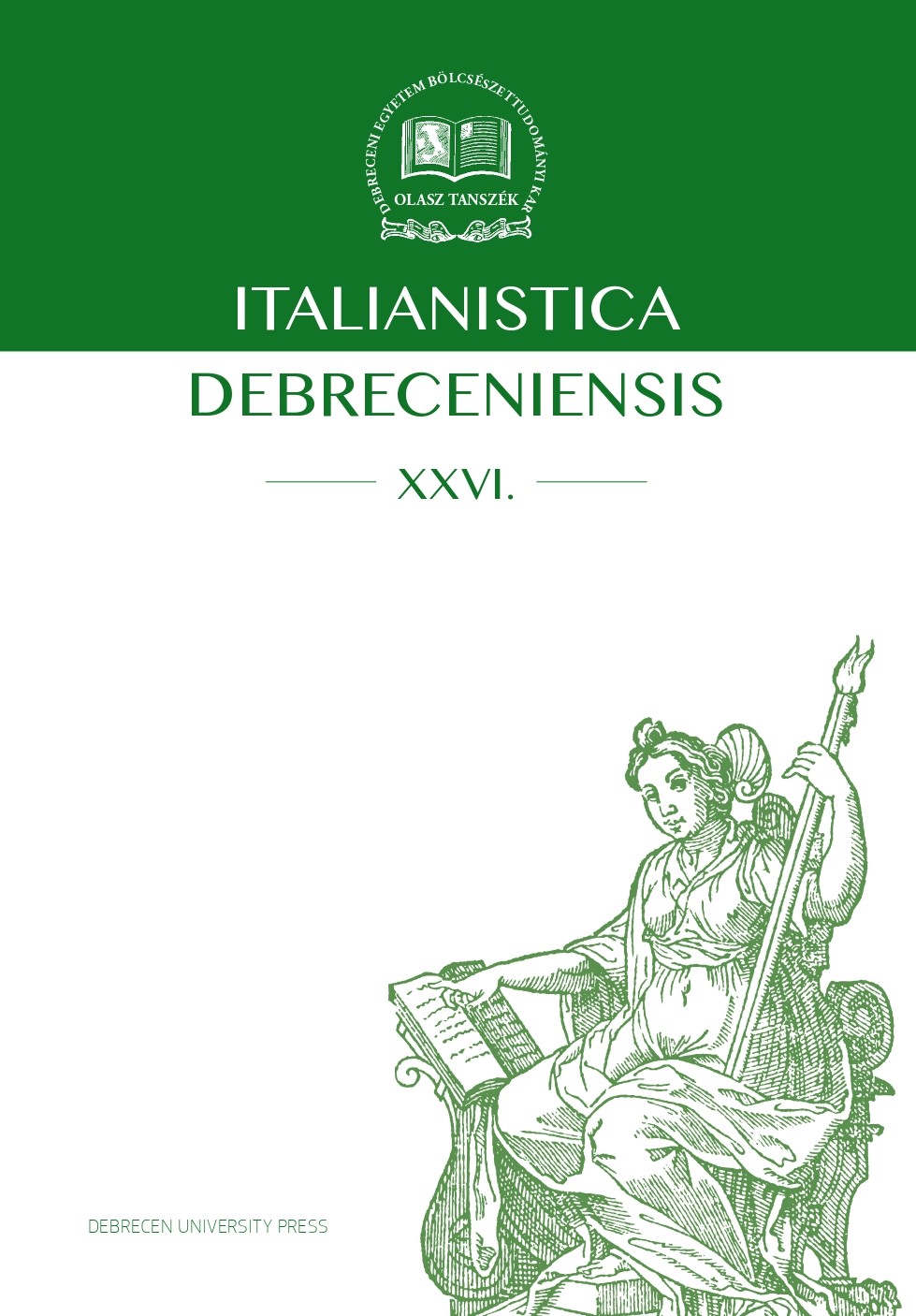“I can't write English, not even Italian... give me any 'giobba'": the Italian emigrants in the theater of Nino Randazzo
Author
View
Keywords
License

This work is licensed under a Creative Commons Attribution 4.0 International License.
How To Cite
Abstract
The paper examines the cultural, social and linguistic representation of Italians emigrated to Australia in the writing for the theatre of Nino Randazzo, a playwright of Aeolian origin, who emigrated to Melbourne in 1952, considered one of the most important and prolific authors in the context of the so-called “letteratura dell’emigrazione”, and more particularly the Italian-Australian literature in italian language. Of particular interest is the theme of cultural and social prejudices of Anglo-Australians towards people of Italian origin, labelled as ignorant, impossible to acculturate and to discipline, largely linked to criminal organizations, which mostly speak a mixed variety of Italian and English. Thus, in particular, in the comedy Il Sindaco d’Australia (1981), in which the stereotypical (but hilarious) image of the emigrant from the south of Italy, impulsive and ambitious, characterized on a linguistic level by the use of Italian-Australian terms; and in the comedy Victoria Market (1982), conceived by Randazzo as a protest against the tendency on the part of Anglo-Australians to build stereotypes towards Italian-Australians, in this case the one that Italian equals mafioso. Randazzo’s theatre, however, manages to distinguish itself from the works of the majority of first-generation Italian-Australian playwrights for its attempt to demystify such prejudices and clichés in an enjoyable way. It is in the choice of a popular tone of comedy, also achieved through the skilful mixing of more traditional Italian forms with Italian-Australian terms typical of the years in which the narrated events are set, that the specific aspects in this author lay.

 https://doi.org/10.34102/itde/2020/9381
https://doi.org/10.34102/itde/2020/9381